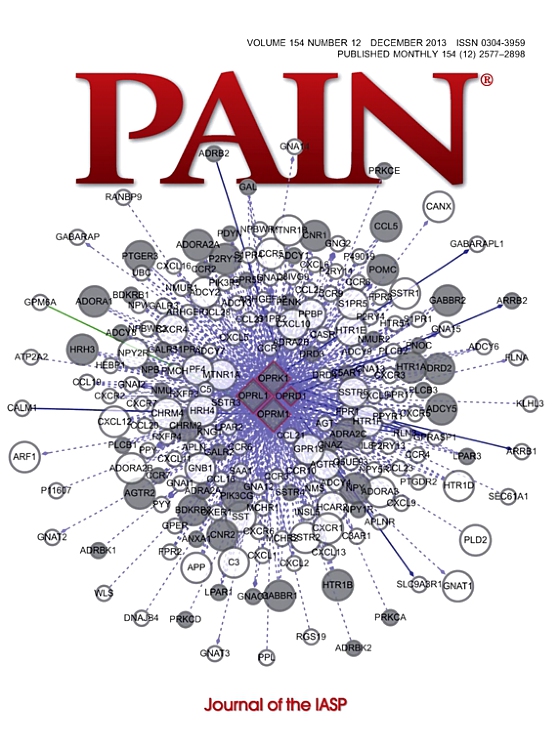The future of pain research: neuromodulation and surgery.
IF 5.5
1区 医学
Q1 ANESTHESIOLOGY
引用次数: 0
Abstract
By 2075, neuromodulation and surgical treatments for pain will be heavily impacted by advances in artificial intelligence, regenerative medicine, and precision diagnostics. Digital brain twins will enable patient-specific simulations to optimize intervention selection, while adaptive neuromodulatory systems will provide real-time, responsive pain management. Personalized treatments will replace the current trial-and-error approach, using genetics, neurophysiology, and AI-driven decision tools. Minimally invasive, home-based neuromodulation will increase accessibility, and ethical data governance will enhance patient autonomy. These advances will transform pain from a chronic, partially relieved condition into a precisely treatable disorder, fundamentally improving patient outcomes and healthcare efficiency.By 2075, precision diagnostics will match each pain patient to the optimal neuromodulation or surgical strategy before treatment begins. Adaptive, minimally invasive, home-based devices will deliver real-time, closed-loop stimulation, shifting therapy from trial-and-error to responsive, individualized care. Big-data guidance on timing, modality, and duration will cut failure rates, while robotics and regenerative techniques expand access and shorten recovery. Adapted ethics and data-governance frameworks will safeguard autonomy, so chronic pain becomes a precisely treatable, and hopefully curable, condition.疼痛研究的未来:神经调节和外科。
到2075年,神经调节和手术治疗疼痛将受到人工智能、再生医学和精确诊断技术进步的严重影响。数字大脑双胞胎将使患者特定的模拟优化干预选择,而适应性神经调节系统将提供实时,反应性疼痛管理。个性化治疗将取代目前的试错方法,使用遗传学、神经生理学和人工智能驱动的决策工具。微创、以家庭为基础的神经调节将增加可及性,而伦理数据治理将增强患者的自主权。这些进步将把疼痛从一种慢性的、部分缓解的疾病转变为一种可精确治疗的疾病,从根本上改善患者的治疗效果和医疗效率。到2075年,精确诊断将在治疗开始前为每个疼痛患者匹配最佳的神经调节或手术策略。适应性的、微创的、基于家庭的设备将提供实时的、闭环的刺激,将治疗从试错转向响应性的、个性化的护理。在时间、模式和持续时间方面的大数据指导将降低故障率,而机器人技术和再生技术则扩大了访问范围,缩短了恢复时间。经过调整的伦理和数据治理框架将保障自主权,因此慢性疼痛将成为一种可精确治疗、有望治愈的疾病。
本文章由计算机程序翻译,如有差异,请以英文原文为准。
求助全文
约1分钟内获得全文
求助全文
来源期刊

PAIN®
医学-临床神经学
CiteScore
12.50
自引率
8.10%
发文量
242
审稿时长
9 months
期刊介绍:
PAIN® is the official publication of the International Association for the Study of Pain and publishes original research on the nature,mechanisms and treatment of pain.PAIN® provides a forum for the dissemination of research in the basic and clinical sciences of multidisciplinary interest.
 求助内容:
求助内容: 应助结果提醒方式:
应助结果提醒方式:


